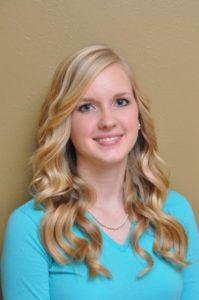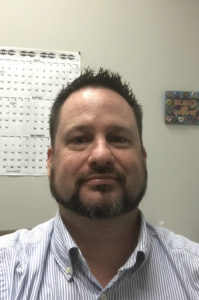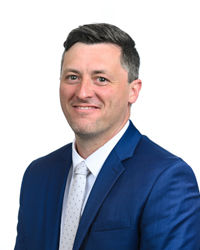COLLEGE OF ENGINEERING & SCIENCE
Engineering and Technology Management (MS)
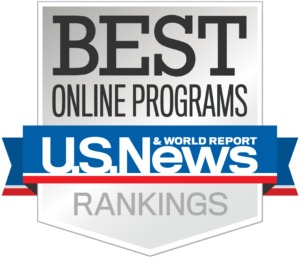 The program aims to provide students with an understanding of mathematical, statistical, and risk modeling analysis. It includes systems design, engineering management, project management, and financial analysis to make the graduate more effective in technical managerial and leadership roles in a business environment.
The program aims to provide students with an understanding of mathematical, statistical, and risk modeling analysis. It includes systems design, engineering management, project management, and financial analysis to make the graduate more effective in technical managerial and leadership roles in a business environment.
The program consists of four concentrations:
- Engineering Management,
- Management of Technology,
- Construction, and
- Data Science.
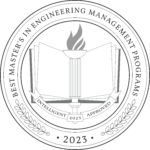
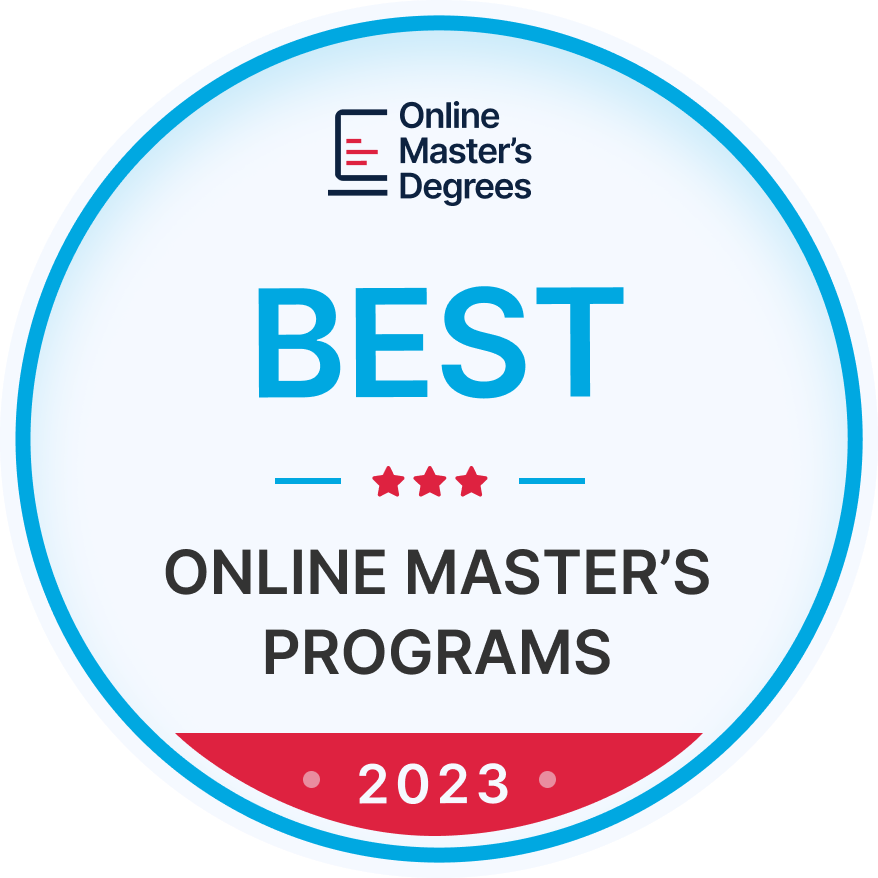
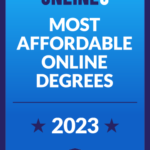
The curricula for each of the concentrations consist of 33 credit hours, and a thesis is not required for the Engineering and Technology Management program.
Interested in Joining Our Program?
Whether you’re interested in joining our program or just have questions, we’re here to help.
Frequently Asked Questions (FAQs)
Curricula
M.S. Engineering and Technology Management Curriculum Online and On Campus Coursework Only Options
M.S. Engineering and Technology Management Curriculum Thesis and Practicum Options for the Aviation Management and Construction Concentration
M.S. Engineering and Technology Management Curriculum for students admitted before Summer Quarter 2019
ETM-MBA-MSE Comparison Chart
Comparison between the MS in Engineering and Technology Management, Master of Business Administration and MS in Engineering
| Expectation | Engineering & Technology Management | MBA | MS in Engineering |
| Learning Opportunities | Enhances technical and business management skills | Enhanced managerial skills in all core | Enhanced technical skills |
| Curriculum | 33 hours, online and on campus, all coursework (no thesis). Engineering Management Curriculum | 30 hours (no concentration) 36 hours (concentration), online and on campus, all coursework (no thesis).MBA | 30 hours with thesis, 36 hours with no thesis, on campus. MS‐Engineering Curriculum |
| Undergraduate Education | Engineering, engineering technology and science degrees preferred. Other majors accepted if the applicant has technical work experience. Acceptance based on GPA and GRE. | Open to all majors, including engineering. Admission decision based on GMAT or GRE, and undergraduate GPA | BS degree in engineering required. Acceptance by GRE, or combination of GRE and GPA. |
| Duration | 1‐2 years | 1‐2 years | 2 years |
| Work Experience | Designed for engineers desiring advancement or skill enhancement in technically oriented business or engineering fields at any time in career. | Designed or individuals in all industries desiring managerial advancement, at any time in a career. | Designed for engineers desiring advancement or skill enhancement in technical fields early in career. |
| Student Career Goals | Technical management and executive focused | Managerial/executive advancement | Research, consulting, academic, PE |
| Value | Competitive value in more technical environment- with certificates, PEs, and vast experience | Widely recognized as providing essential managerial preparation for career advancement, across industries. | Field-specific, desirable abilities |
| Growth Potential | Ability to lead manufacturing or service facilities, improve innovation, and secure future technology | Ability to analyze business problems, develop solutions, and manage/grow successful businesses. | Ability to manage large scale designs and projects |
| Leadership | Diverse functional teams, action/reaction, accountability, project management, direct delegation | Accountability, business ethics, team building/management, domestic and global perspectives. | Focus teams, design approvals, direct delegation |
| Progression | Ability to adapt to changing technological and business innovation associated with technological environments | Ability to lead and adapt to innovation, applicable to multiple business environments | Ability to adapt to changing technology and diverse teams |
| Faculty | College of Engineering and Science | College of Business | College of Engineering and Science |
Course Schedule
Master of Science in Engineering and Technology Management One-Year Tentative Schedule
| Course | Summer 2024 | Fall 2024 | Winter 2025 | Spring 2025 |
| ACCT 505: Accounting Analysis for Decision Making | ** | ** | ||
| BUSN 501: Global Perspectives in Management | ** | ** | ||
| CIS 506: Advanced Business Analytics | ** | ** | ||
| CIS 521: Introduction to Information System Assurance | ** | ** | ||
| ECON 510: Management Economics | ** | ** | ||
| EMGT 507: Engineering Administration | * | |||
| EMGT 509: Economics and Decision Making | * | * | ||
| EMGT 518: Project Management | * | * | ||
| EMGT 525: Engineering Finance | * | |||
| ENGR 554: Modern Engineering Grand Challenges | ** | |||
| ENTR 501: Introduction to Technology Transfer | ** | |||
| ENTR 510: Entrepreneurship/New Venture Research | ** | |||
| ENTR 560: Innovative Venture Research | ** | |||
| FINC 515: Financial Management | ** | ** | ||
| INEN 502: Operations Research Methods | * | |||
| INEN 504: Simulation | ** | |||
| INEN 505: Manufacturing and Operations Analysis | * | |||
| INEN 511: Theory and Application of Lean Manufacturing and Management | * | * | ||
| INEN 514: Statistical Analysis for Six Sigma | * | * | ||
| INEN 515: Logistics Planning | * | |||
| INEN 520: Six Sigma Design Project | ** | ** | ||
| INEN 566: Six Sigma and Quality Control | ** | ** | ||
| MGMT 537: Human Resource Management | ** | ** | ||
| MGMT 571: Organizational Behavior | ** | ** | ||
| MKTG 530: Marketing Management | ** | ** | ||
| MSE 501: Fundamentals of Micro Fabrication Processes | ** | |||
| MSE 502: Microsystems Principles | ** | |||
| MSE 505: Nanotechnology Principles | ** | |||
| MSNT 521: Principles of Cellular and Molecular Biology | ** | |||
| PSYC 513: Organizational Psychology | ** | |||
| PSYC 516: Industrial Psychology | ** | |||
| PSYC 523: Leadership and Decision Making | ** | |||
| STAT 507: Design of Experiments | ** | |||
| STAT 509: Statistical Learning | ** |
*core courses **elective courses
Admission Requirements
1. Student with a bachelor degree in engineering from Louisiana Tech University and less than 2 years work experience:
• 2.8+ undergraduate GPA, no GRE required
• 2.75-2.79 (overall or last 60 hours) undergraduate GPA, GRE V+Q ≥ 293
• 2.5-2.749 (overall) undergraduate GPA, GRE V+Q ≥ 293
• 2.5-2.749 (last 60 hours) undergraduate GPA, GRE V+Q ≥ 293: conditional admission – No grade lower than B should be earned in the first two core graduate courses taken.
2. Student with a bachelor degree in engineering, science, or engineering technology and less than 2 years work experience (Must have at least one degree from a regionally accredited U.S. college or university):
• 3.0+ undergraduate GPA, no GRE required
• 2.75-2.99 (overall or last 60 hours) undergraduate GPA, GRE V+Q ≥ 293
• 2.5-2.749 (overall) undergraduate GPA, GRE V+Q ≥ 293
• 2.5-2.749 (last 60 hours) undergraduate GPA, GRE V+Q ≥ 293: conditional admission – No grade lower than B should be earned in the first two core graduate courses taken.
3. Student with a bachelor degree in engineering, science, or engineering technology and 2+ years work experience (Must have at least one degree from a regionally accredited U.S. college or university):
• 3.0+ undergraduate GPA, no GRE required
• 2.5-2.99 (overall or last 60 hours) undergraduate GPA: conditional admission – No grade lower than B should be earned in the first two core graduate courses taken
• 2.25-2.49 (overall) undergraduate GPA, leadership role in a technical position: conditional admission – No grade lower than B should be earned in the first two core graduate courses taken.
4. Student with bachelor degree in a field other than engineering, science, or engineering technology and less than 2 years work experience (Must have at least one degree from a regionally accredited U.S. college or university):
• 3.0+ undergraduate GPA, technical work experience, no GRE required
• 2.75-2.99 (overall or last 60 hours) undergraduate GPA, technical work experience, GRE of V+Q ≥ 293
• 2.5-2.749 (overall) undergraduate GPA, technical work experience, GRE of V+Q ≥ 293
• 2.5-2.749 (last 60 hours) undergraduate GPA, technical work experience, GRE of V+Q ≥ 293: conditional admission – No grade lower than B should be earned in the first two core graduate courses taken.
5. Student with bachelor degree in a field other than engineering, science, or engineering technology and 2+ years work experience (Must have at least one degree from a regionally accredited U.S. college or university):
• 3.0+ undergraduate GPA, technical work experience, no GRE required
• 2.5-2.99 (overall or last 60 hours) undergraduate GPA, technical work experience: conditional admission – No grade lower than B should be earned in the first two core graduate courses taken
• 2.25-2.49 (overall) undergraduate GPA, leadership role in a technical position: conditional admission – No grade lower than B should be earned in the first two core graduate courses taken.
6. Students with no degrees from a regionally accredited U.S. college or university:
• 2.75-4.0 (overall or last 60 hours) undergraduate GPA, technical work experience, GRE of V+Q ≥ 293
• 2.5-2.749 (overall) undergraduate GPA, technical work experience, GRE of V+Q ≥ 293
• 2.5-2.749 (last 60 hours) undergraduate GPA, technical work experience, GRE of V+Q ≥ 293: conditional admission – No grade lower than B should be earned in the first two core graduate courses taken.
Alumni Success Stories
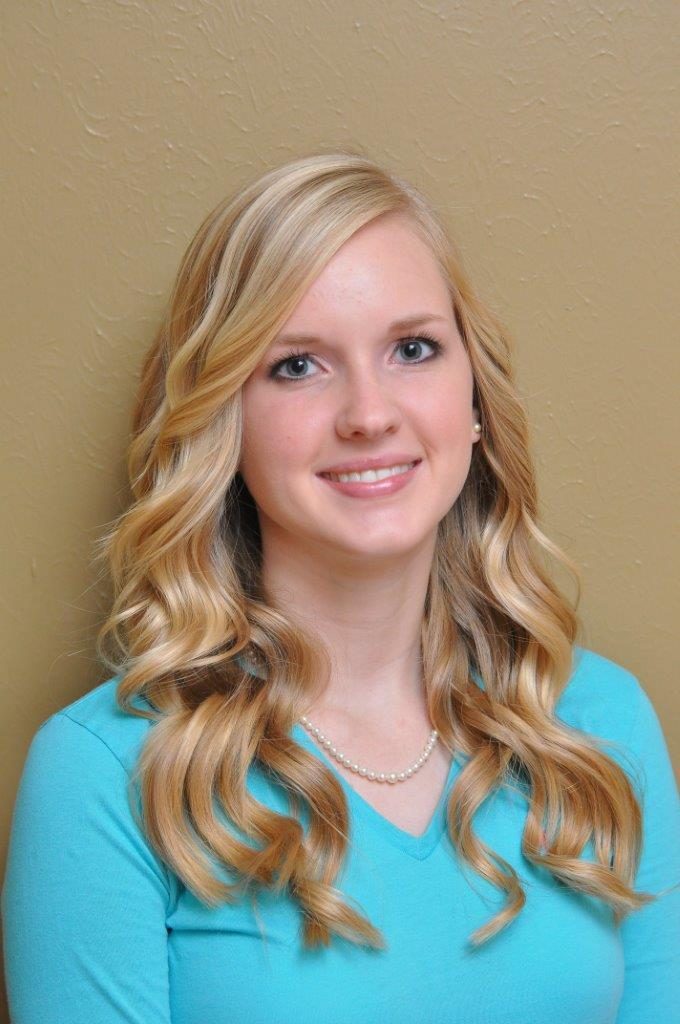 “I work for Hood Packaging Corporation and am the plant manager of the Monticello site. I am responsible for managing and coordinating all production activities for the plant including engineering maintenance, quality, and safety. I’m also responsible for ensuring the optimization of production to meet the needs of customers and support the growth of the company.
“I work for Hood Packaging Corporation and am the plant manager of the Monticello site. I am responsible for managing and coordinating all production activities for the plant including engineering maintenance, quality, and safety. I’m also responsible for ensuring the optimization of production to meet the needs of customers and support the growth of the company.
“When I graduated in 2013 with my undergrad in chemistry, I started out as a Field Engineer for Baker Hughes. I worked in the oil and gas field for a couple of years and during a downturn in the oil and gas industry cycle, I decided to further my education in order to advance my career. I found the ETM program at Tech and decided to also get a Black Belt in Six Sigma while I was obtaining my master’s degree. Although it took a couple of years of aggressive job hunting, I was able to land the career of my dreams in part because of the ETM and the Black Belt in Six Sigma. I was able to be hired on as a plant manager immediately and could not be happier with my decision to go back to school. The program not only gave me a massive leg up in the job search, but it has also been extremely beneficial to me as a plant manager. I need to know how to increase quality and productivity efficiently and quickly but in a safe and organized manner, and this degree gave me the skills to build my experience on. Thank you, Dr. Hegab for all your generous help and for this fantastic Engineering and Technology Management and Six Sigma program.” Amy Colbert, Plant Manager Hood Packaging
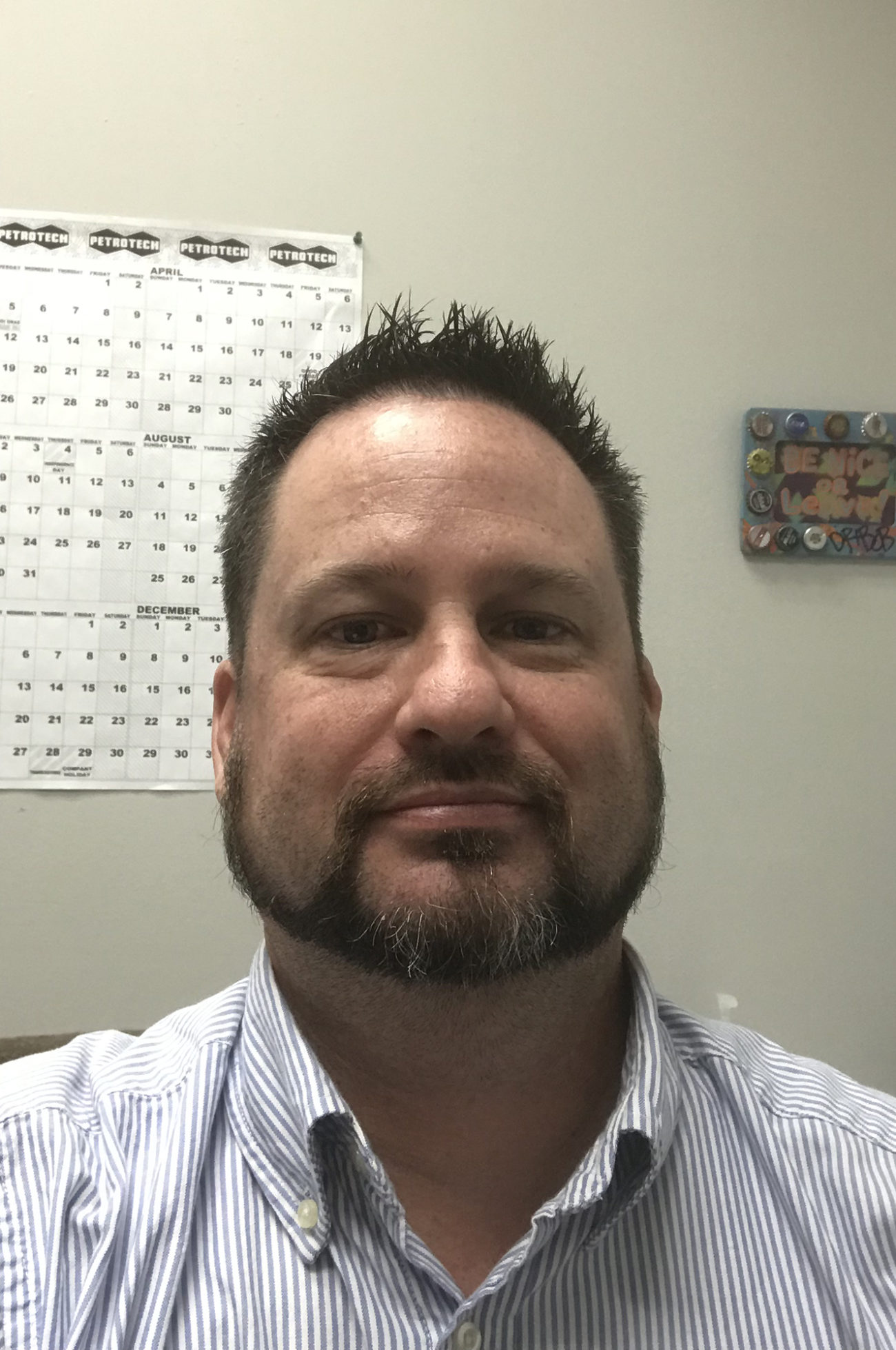 “I found Louisiana Tech’s Engineering and Technology Management Master’s program to be exciting and challenging and would certainly recommend the program to colleagues. The content was challenging and immediately useful in my day-to-day activities at work. Upon graduation, within weeks, I was promoted to Engineering Manager. This Master’s Program had a positive, direct impact on my career! Thank you, Louisiana Tech, for the fantastic experience!” Tim McNabb, Engineering Manager
“I found Louisiana Tech’s Engineering and Technology Management Master’s program to be exciting and challenging and would certainly recommend the program to colleagues. The content was challenging and immediately useful in my day-to-day activities at work. Upon graduation, within weeks, I was promoted to Engineering Manager. This Master’s Program had a positive, direct impact on my career! Thank you, Louisiana Tech, for the fantastic experience!” Tim McNabb, Engineering Manager
 “The M.S. Engineering and Technology program at Louisiana Tech has given me not only the ability to quantify, analyze, and optimize processes, but it also enabled me to confidently take on the project management and financial responsibilities associated with engineering design and construction,” program alumnus Jason Howell said. “I was able to enroll concurrently in an MBA program and complete both degrees while working full time. I never missed a day of work.
“The M.S. Engineering and Technology program at Louisiana Tech has given me not only the ability to quantify, analyze, and optimize processes, but it also enabled me to confidently take on the project management and financial responsibilities associated with engineering design and construction,” program alumnus Jason Howell said. “I was able to enroll concurrently in an MBA program and complete both degrees while working full time. I never missed a day of work.
“My professors were available anytime I had a question. I never felt isolated. In fact, the classroom forums made thinking through problems with other students both easy and expected. The skills I have gained as a result of this program have impacted my performance at my current job in a meaningful way. I am very glad that I chose to invest my time in the Engineering and Technology program at Louisiana Tech.” Jason Howell, Engineer
 “Overall, my experience with the ETM program has been extremely positive. The professors were very accessible and helpful. The online program is well suited for students working full time. I have gained many useful insights for applying Lean-Six Sigma tools in my current job and the Black Belt certification is a plus.” Michael D. Nettles, Utilities Manufacturing Excellence Leader, Sylvamo
“Overall, my experience with the ETM program has been extremely positive. The professors were very accessible and helpful. The online program is well suited for students working full time. I have gained many useful insights for applying Lean-Six Sigma tools in my current job and the Black Belt certification is a plus.” Michael D. Nettles, Utilities Manufacturing Excellence Leader, Sylvamo
Positions Held By Alumni
- Principal Consultant of ICS Security at FireEye
- Product Line Manager at 360training.com
- Project Engineer at Ashokan Water Services
- DEG Supervisor at AT&T
- Founder/President of Brewer Family Holdings, LLC
- Assistant Professor of Marketing at Central Michigan University
- Analyst II at CenturyLink
- Inbound Marketing Specialist at CenturyLink
- IT Support Engineer II at CenturyLink
- OMS CSM Production Support at CenturyLink
- Principal Architect at CenturyLink
- Senior Lead IT Engineer at CenturyLink
- Chemist at Chemtura Corporation, USA
- Production Operator at Chevron
- Systems Engineer at Chrysler Automobiles
- City Engineer for the City of Sammamish
- Commissioning Engineer, Technical Specialist at Cummins Power Generation
- Deputy Division Chief at Defense Intelligence Agency
- Outside Sales Account Manager at Emco Corporation
- Quality Engineer at Emerson Climate Technologies
- Franchise Owner at Express Employment Professionals
- Compensation Analytics Advisor at FedEx Express
- Senior Database Administrator at First Data Corporation
- Associate Project Controls Specialist II at Flour Enterprises, Inc.
- Engineering Manager at Fluor Federal Petroleum Operations
- Se. Manufacturing Engineer at Haworth
- Resident Project Representative at IMS Engineers
- Project Quality Engineer at Kiewit
- Mechanical Engineer at Libbey Inc.
- QA Engineer at Lockheed Martin
- Engineer Intern at Louisiana Department of Transportation and Development
- Electrical Engineer at National Oilwell Varco
- Vice President at Next Generation Technologies, Inteliquent
- Chief Executive Officer at Nirvana Surgical
- Project Manager at NORMA Group
- Quality Engineer, Design Assurance at Philips Volcano IGT Devices
- Online Consultant at Progressive Insurance
- Testing Specialist (QA) at QSSI
- Testing Lead at QSSI, Affordable Care Act/Data Services Hub
- Design Engineer Intern at Radiance Technologies
- Performance Management Specialist at Royal Commission for Jubail and Yanbu
- Lead Transportation Engineer at SynCom Space Services (S3)
- Customer Care Support and Innovation Manager at Sysmex America Inc.
- Mechanical Engineer at The Chemours Company
- Business Owner at TicketsBrooks/SpartaCis
- Engineer at Weatherford
- Chief Executive Officer at T&D Solutions
- Co-Founder at Dezzie Dough/Macon Ridge Foods
- Co-Founder at VGPRO.com/ Sensacoil Inc.
- President at Cothren, Graff, Smoak Engineering Inc.
- President and CEO at Biogradiant
- Senior Vice President at Roddey Engineering Services
- Vice President and General Manager at Inertia Enterprises
- Vice President of Operations at Larkin Development Corporation
- Vice President State Government Relations at CenturyLink
- Vice President, Electrical Engineering at Beta Engineering
- Artistic Director at Ensemble Ballet Theatre
- Chairman at Aillet, Fenner, Jolly & McClelland
- Director of Business Intelligence and Analytics at Renaissance
- Director of Business Technologies at Praeses
- Director Solutions Architecture and Shared Service at CenturyLink
- Director Strategy & Corporate Development at Wolters Kluwer Tax & Accounting
- Principal at Alliet, Fenner, Jolly & McClelland
- Principal/ Civil Department Head at Alliet, Fenner, Jolly & McClelland
- Project Director at Hunt, Guillot and Associates
- Deputy Senior Engineer at NNSA
- Senior Analyst at CenturyLink
- Senior Analyst at Private Sector Health Alliance of Nigeria
- Senior Corrosion Engineer at Kinder Morgan
- Senior Engineer at Entergy
- Senior Financial Analyst at CenturyLink
- Senior Lead Software Developer at CenturyLink
- Senior Manager of Security Systems at Riyad Bank
- Senior Manufacturing Engineer at Danfoss VLT Drives
- Senior Manufacturing Engineer at OneSubsea
- Senior Regional Access Planner at CenturyLink
- Senior Technical Project Manager at CenturyLink
- Equipment Specialist Supervisor at U.S. Army
- Quality Supervisor at Georgia Pacific Corporation
- Quality Supervisor at Lockheed Martin
- Shift Supervisor at Entergy
- Advanced Leadership Partner at Cintas
- Assistant Project Manager at The Wieland Corporation
- Business Development Manager at LA New Product Development
- District Manager at Vector Marketing
- Engineering Manager at Howard Medical
- Field Service Manager at Etheredge Electric Company
- ISC Leadership Development Program at AAI Corporation
- IT Operations Manager at CenturyLink
- Maintenance Planner IV at Chesapeake Energy
- Manager of Sales Performance at CenturyLink
- Manager Software Development at CenturyLink
- Manager, New Product Development at BSH Home Appliances Group
- Manager, OSP Planning & Engineering Design at AT&T
- Manager, Process Reliability and Business Development at Envoy Development
- Manager, Technology Management at CenturyLink
- Oil & Gas Operations Manager at Nexans AmerCable
- Plant Engineering Manager at Nexans AmerCable
- Plant Manager at Sinclair Systems International
- Product Delivery Manager at Lufthansa Systems FlightNav
- Product Line Manager/Plant Manager at Tejas Tubular Products Inc.
- Product Manager at Meritech Software Pvt. Ltd.
- Production Manager at GEO Specialty Chemicals
- Project Manager at Hunt, Guillot and Associates
- Project Manager/ Public Works Engineer at Caddo Parish
- Quality Manager at Hunt, Guillot and Associates
- Shift Manager, Logistics at Amazon
- Software Development Manager at CenturyLink
- Supply Chain Planner/Scheduler at Cummins Inc.
- Technical Program Manager at Pervacio, Inc.
- Augmentation Engineer at CenturyLink
- Automation Engineer at Champion Technology Services
- Biomedical Engineer at Advanced Biomedical Electronics
- Biomedical Engineer at RENOVO Solutions
- Chemical Engineer at Dupont
- Chemical Process Engineer at GE Power & Water
- Clinical Engineer at RENOVO Solutions
- Deputy Assistant Regional Engineer at U.S. Air Force
- Design Engineer at Department of Transportation and Development
- Electrical Design Engineer at SNF Holding Company
- Electrical Engineer at Moses Engineers
- Electrical Engineer III at WDG Architects Engineers
- Energy Engineer at Siemens Industry, Inc.
- Engineer at Cleco
- Engineer at Eaton
- Engineer III at Saudi Aramco
- Industrial Engineer at CellXion, LLC
- Industrial Engineer, Six Sigma Black Belt at MSX
- Lead Engineer/Estimator at Manson Construction Co.
- Manufacturing Engineer at Knight Oil Tools
- Mechanical Engineer at Irrigation Mart
- Online Image Consultant at Status Labs
- Plant Engineer at Voith Fabrics
- Process Engineer at Graphic Packaging
- Professional Engineer at Denmon Engineering
- Quality Engineer at Emerson Climate Technologies/Alliance Compressors LLC
- Quality Engineer at Huntington Ingalls Industries
- Quality Engineer at InterMoor, Inc.
- Research and Development Engineer at Merit Medical Systems
- Signal Project Engineer at The Kansas City Southern Railway Company
- Solar Design & Sales Engineer at Sun Electronics International
- Support Engineer at Brainlab Sales GmbH
- Systems Engineer at QDS Systems
- Systems Engineering and Integration Contractor at RMGS, Inc.
- Associate Commodity Contracting Specialist at Bell Helicopter
- Chemist at American Electric Power
- Computer Programmer IV at C2 Technologies
- Engineering Tech at Frank’s International
- FP&A – Analyst II at CenturyLink
- OMS CSM Production Support at CenturyLink
- Operations and Systems Analyst at Intralox
- Process Controls at Fluor
- Process Support Chemist at Great Lakes Solutions
- Project Controls Specialist at Dashiell Corporation
- System Operator at Entergy
- Tech Infrastructure Site Support Tech at Clean Harbors
- Test Lead/Scrum Master at QSSI
- Testing Specialist (QA) at QSSI
- Database Administrator at Tech Services
- Independent Sales Representative at Avon
- Major at U.S. Airforce
- Quality Management Representative at Reflexxion Automotive
- Subcontract Administrator at Lockheed Martin Aeronautics
- Technical Sales/Service Representative at WestRock Company
- Test Pilot at U.S. Air Force
- Engineer Intern at Alliance, Inc.
- Engineer Intern at Louisiana Department of Transportation and Development
Tuition and Fees
| On-Campus Courses | 3 hours | 6 hours |
|---|---|---|
| Tuition | $774.00 | $1,602.00 |
| Mandatory Fees | $389.00 | $961.00 |
| Technology Fee | $15.00 | $30.00 |
| Engineering/Science Fee | $60.00 | $60.00 |
| E&S Lab Support Fee | $70.00 | $70.00 |
| Total for on-campus students | $1,308.00 | $2,723.00 |
| Online Courses | 3 hours | 6 hours |
|---|---|---|
| Flat Per Credit Fee of $475 | $1,425.00 | $2,850.00 |
| Total for online students | $1,425.00 | $2,850.00 |
What Is the Quarter System?
Louisiana Tech is one of the few Universities that uses the quarter system. This means that instead of two semesters and a summer session, the year is broken up into 4 quarters: Fall, Winter, Spring, and Summer quarters. The academic calendars for Louisiana Tech can be found here. It is important to note that the quarter system changes the typical course hour load for a full-time student. For example, a graduate student is considered a full-time student when enrolled in 6-course credit course hours.
What Are the Registration and Tuition Payment Deadlines?
What Is Workday?
Louisiana Tech uses Workday to allow students to view their student records, register for classes, and complete fee payments over the Internet. To access your account, visit Workday, and for more information, please see the Registrar’s Office.
What Is Canvas?
Once classes begin, Canvas gives you access to the classes you are currently enrolled in. Professors take liberty as to what they upload to their course section but generally, this is the place to view information such as course documents, homework, and course grades.
Cost of Attendance
The Cost of Attendance calculator provides an estimate of the costs associated with attending Louisiana Tech University. The elements associated with the Cost of Attendance include, but are not limited to the following:
- Tuition and Fees
- Books, Course Material, Supplies, and Equipment
- Transportation
- Miscellaneous Personal Expenses
- Living Expenses (Food and Housing)
To calculate your estimated Cost of Attendance, click here to be taken to our Cost of Attendance calculator.
For more FAQ click here.
Select the link below for catalog information.
